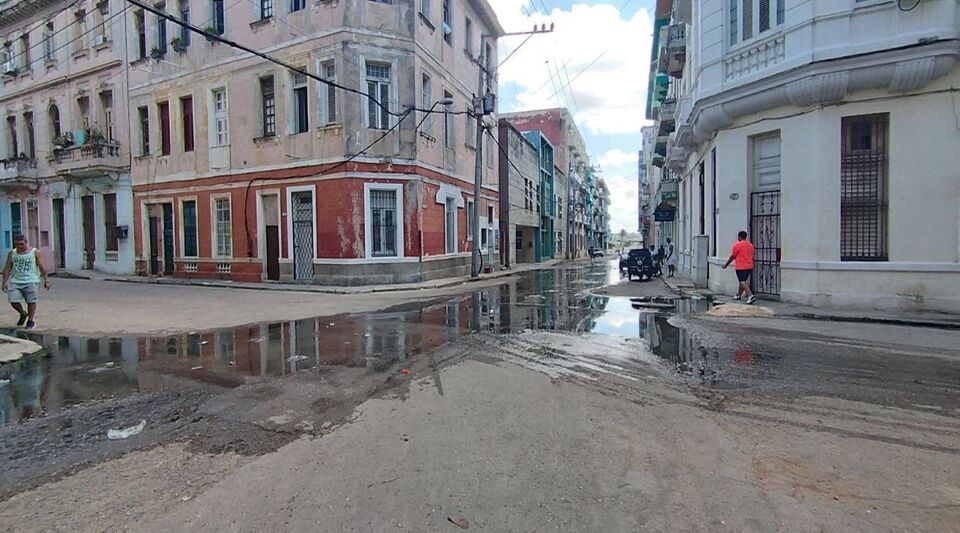This Sunday April 30 is non-working holiday pay for some workers, those who work in the fields, because It’s Rural Worker’s Day. The next day, May 1, International Workers’ Day is commemorated.
According to data from the Social Welfare Bank, in 2020 there were 143,854 registered positions in this sector of workers. This year’s figures from the bank showed that In March of this year, there were 139,356 workers who worked in agricultural production, forestry and fishing positions.although it must be taken into account that agriculture has other items.
In June the current wage agreement for the agricultural sector will fall and workers will have to negotiate one again at the Ministry of Labor and Social Security (MTSS).
Extra hours and breaks
In 2008, Law 18,441 regulated the working day and rest regime for rural workers, establishing intermediate breaks, between shifts and weekly breaks. The breaks are established differently in the different areas of agriculture, depending on the type of task and the sector, since in times of harvest or shearing, for example, the days are usually different
The work days must be eight hours a day and up to 48 hours a week for every six days worked. If the work time exceeds eight hours a day, those hours must be paid as extras, as established by the norm.
outdoor protection
Most of the rural tasks are carried out outdoors and that has several risks. In 2022, the government decreed that when there are adverse meteorological phenomena, such as rain, wind, electrical storms or others that may compromise the safety of rural workers, employers must suspend tasks that pose a risk and replace them with safer ones while the conditions persist. conditions.
In addition, it created a security protocol for those cases. Some of the prevention measures are:
- Workers must know the land in which they will carry out their activities.
- They must have personal protection elements according to the weather conditions.
- They should avoid working near trees, antennas or electrical fabrics during electrical storms.
- In the event of flooding or flooding, if it is necessary to carry out tasks on horseback, life jackets must be used.

















